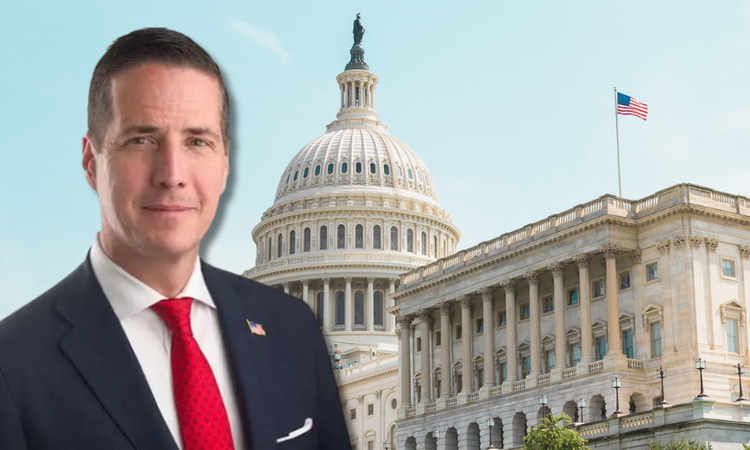
Proponents of free trade and mass immigration have made three separate arguments regarding America importing more immigrants. The first was that, to have the best people, America had to open its borders and economy to foreign workers via programs like H-1B and other work visas. The top jobs had to go to the top people, no matter where they came from. The second – the argument “There are some jobs Americans just won’t do” – necessitated mass legal and illegal migration to fill said jobs. The third culminated in the belief that companies should be free to send their operations wherever they could procure the cheapest labor or manufacturing costs, even if it resulted in mass outsourcing.
The result of these tripartite tactics was that Americans were pushed out of the highest-paying and lowest-paying jobs; the latter saw wage decreases due to competition from illegal labor, and the number of jobs remaining declined as companies moved overseas. Over 66 percent of American companies now participate in at least some sort of outsourcing, a startlingly high number. Thousands of jobs in customer service, IT support, accounting, and more have been lost. Not only has this erased low- and high-skilled jobs, but it has also worsened services for Americans.
Over the past few months, the Trump administration and America First Republicans in Congress have unleashed a flurry of measures to counter the current state of affairs. The Trump administration’s border enforcement has brought illegal entries to a halt, and their changes to the H-1B visa program—along with investigations into potential fraud and abuse—have been helpful in addressing the first two arguments.
However, outsourcing has been mostly unaddressed. The risks of outsourcing was so far off both parties’ radar that, as recently as ten years ago, former President Barack Obama’s visit to a plant owned by outsource-happy Nike – part of his efforts to sell the Trans-Pacific Partnership – was met with hardly any dissent; any criticism that came was from left-wing TPP opponents. In his first term, President Donald Trump signed a “Buy American and Hire American” executive order, which only tinkered around the edges of American outsourcing laws and merely asked cabinet secretaries to “suggest reforms” to the H-1B program. Until very recently, there were only a few individuals on the right, such as Human Events’ Jack Posobiec, actively calling for an outsourcing war.
That is, until now. Senator Bernie Moreno (R-OH) recently released the HIRE Act, which would fundamentally reshape American outsourcing law. The HIRE Act – HIRE acting as a backronym for “Halting International Relocation of Employment” – seeks to place an excise tax of twenty-five percent on all outsourcing payments. The bill defines such payments extremely broadly, including “any premium, fee, royalty, service charge, or other payment made in the course of a trade or business, to a foreign person, and with respect to labor or services the benefit of which is directed, directly or indirectly, to consumers located in the United States.” This would effectively render most call centers, offshore IT “help” centers, and more fiscally unfeasible.
Establishment organizations like the Tax Foundation sounded the alarm over the bill, saying it wrongfully punished “legitimate business practices.” In a way, they are right, as these practices were seen as legitimate. But that is the issue: they never should have been treated as legitimate in the first place.
The Tax Foundation was wrong, however, when they argued that America should take pride in “being the world’s headquarters.” The global order is now multipolar, meaning it will be difficult not to risk our economy by outsourcing it to countries that could oppose us in short order. America’s recent downturn in relations with India demonstrates how fast this can change. But now, it is bad policy economically and geopolitically.
The idea that being “the world’s headquarters” is a good thing is also a fantasy. More than 60 percent of Fortune 500 companies are headquartered in Delaware; almost none of those companies have any substantial number of jobs actually in Delaware. If America is the “headquarters,” but all the jobs are located in India, then the only people getting wealthy are hedge-fund managers. Americans simply see poorer services.
It is no longer acceptable to tinker around the edges. America’s elected officials need to think big about solving outsourcing. The HIRE Act is an example of how to do so.
Anthony J. Constantini is a political and foreign policy analyst. His work frequently appears in domestic and international publications.

Comments
This site uses User Verification plugin to reduce spam. See how your comment data is processed.